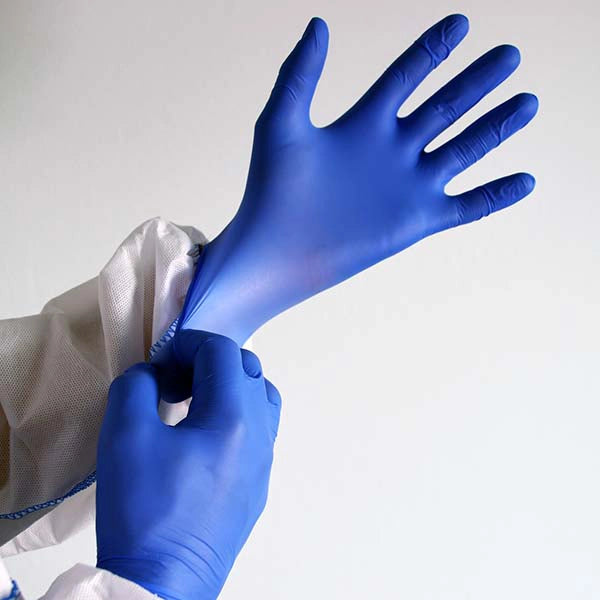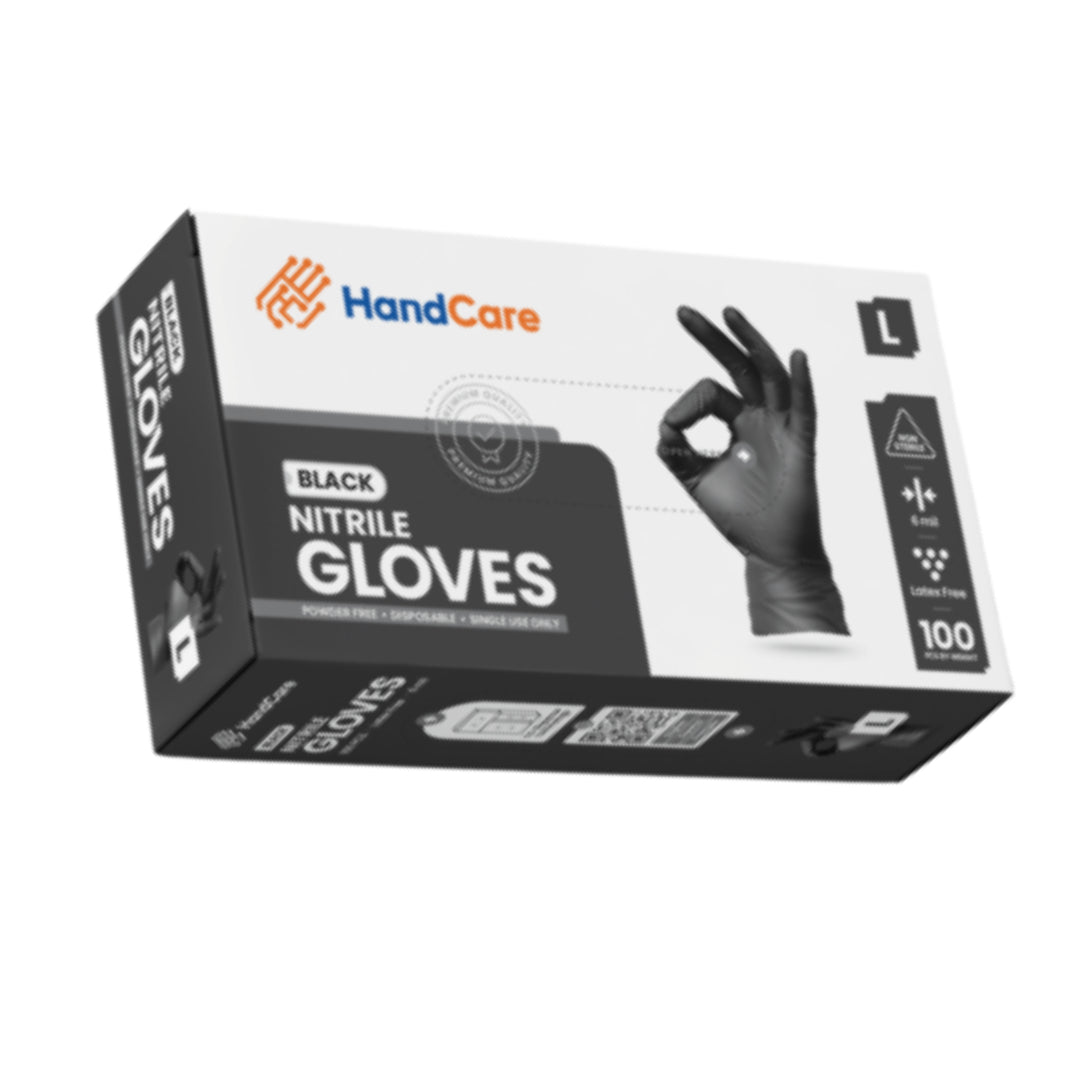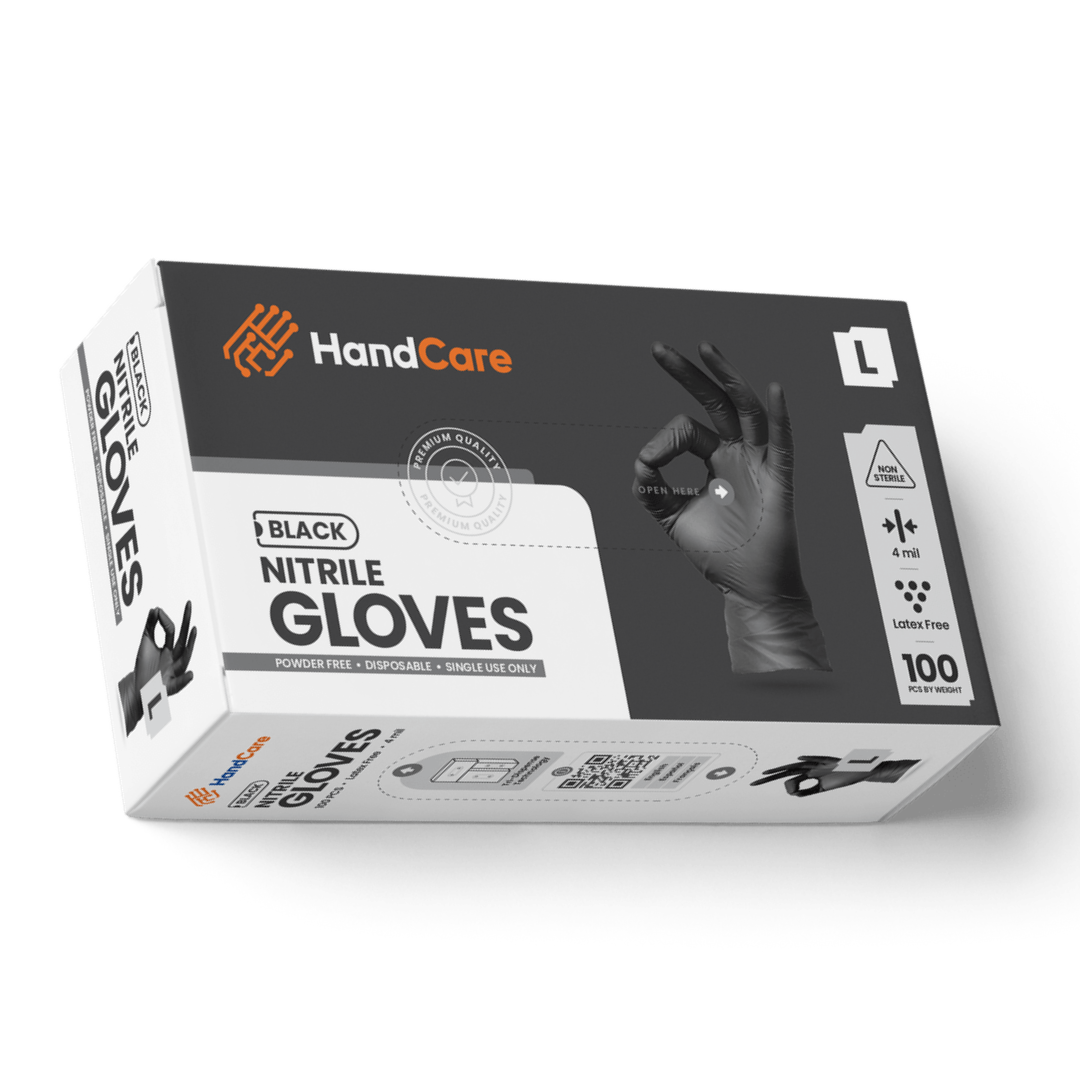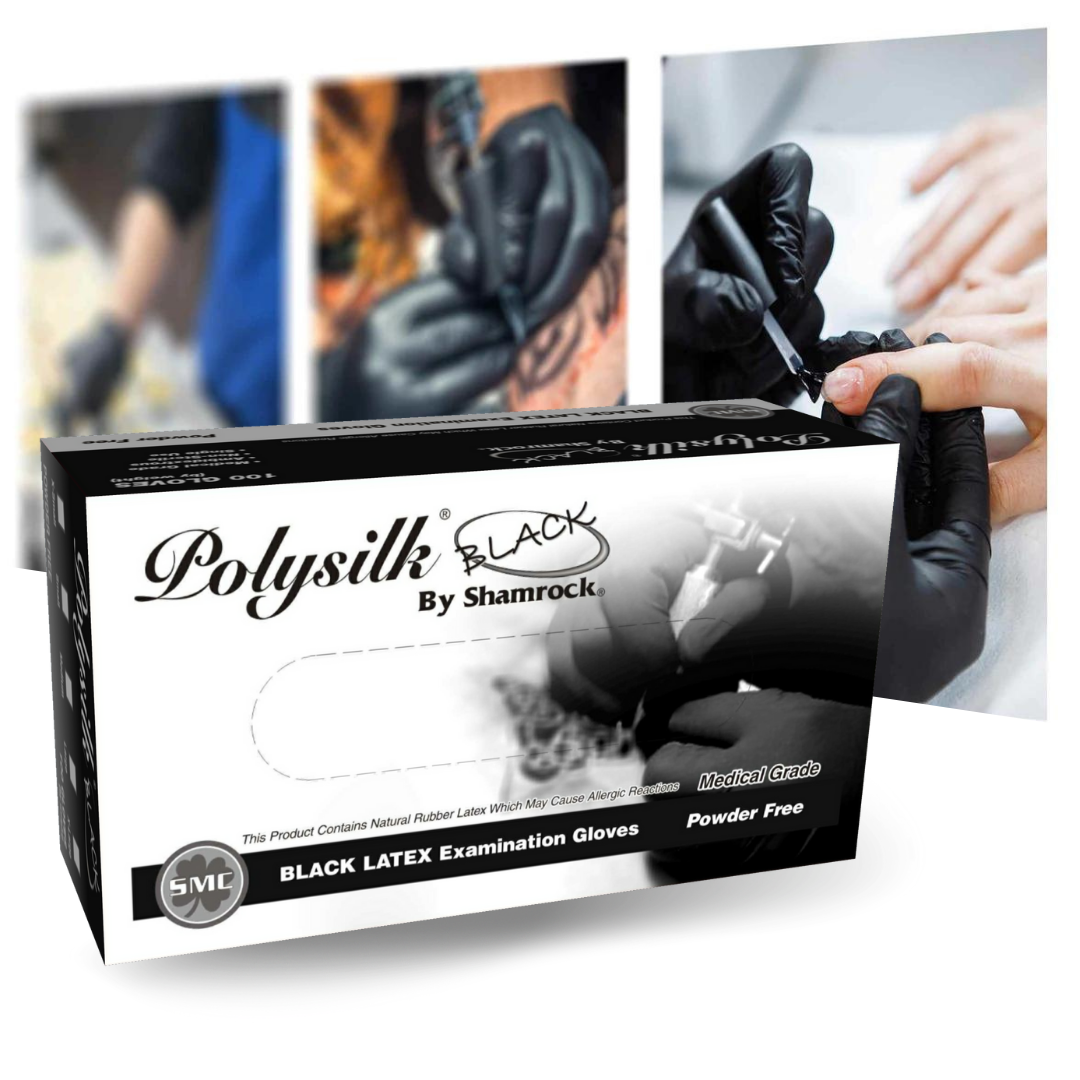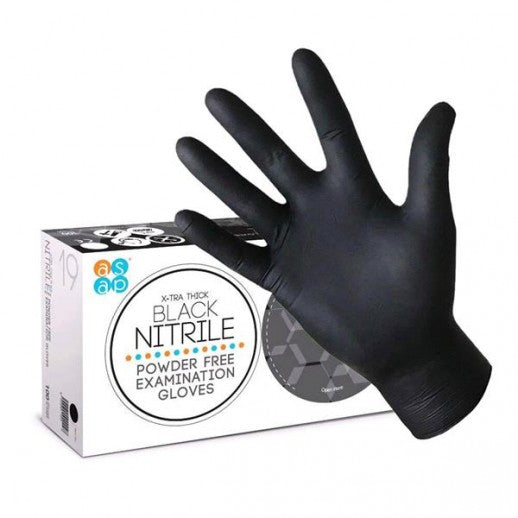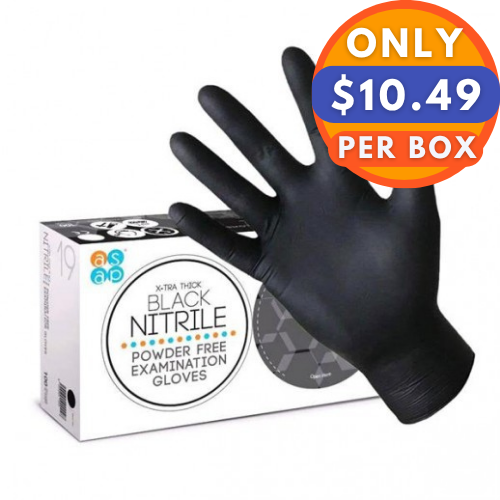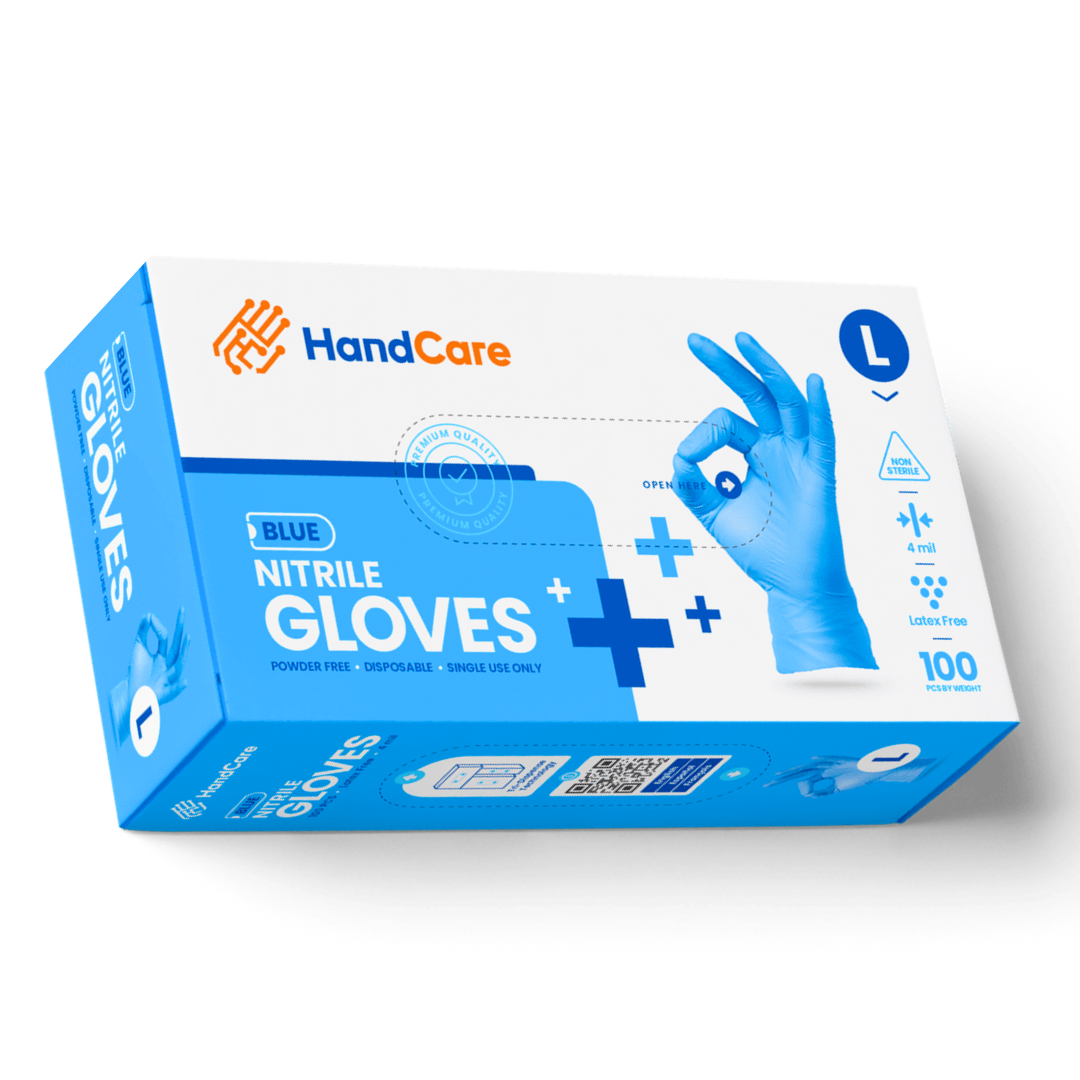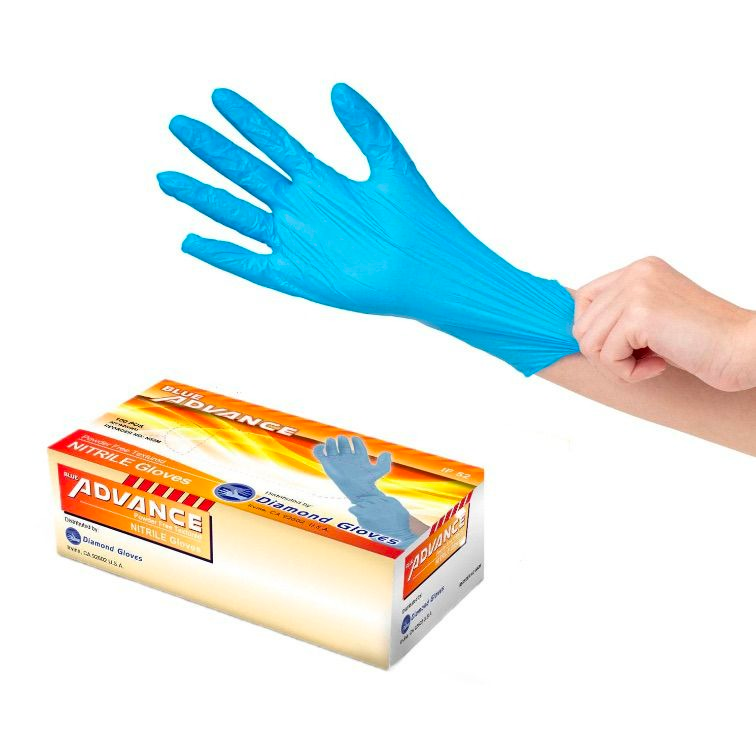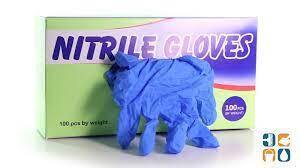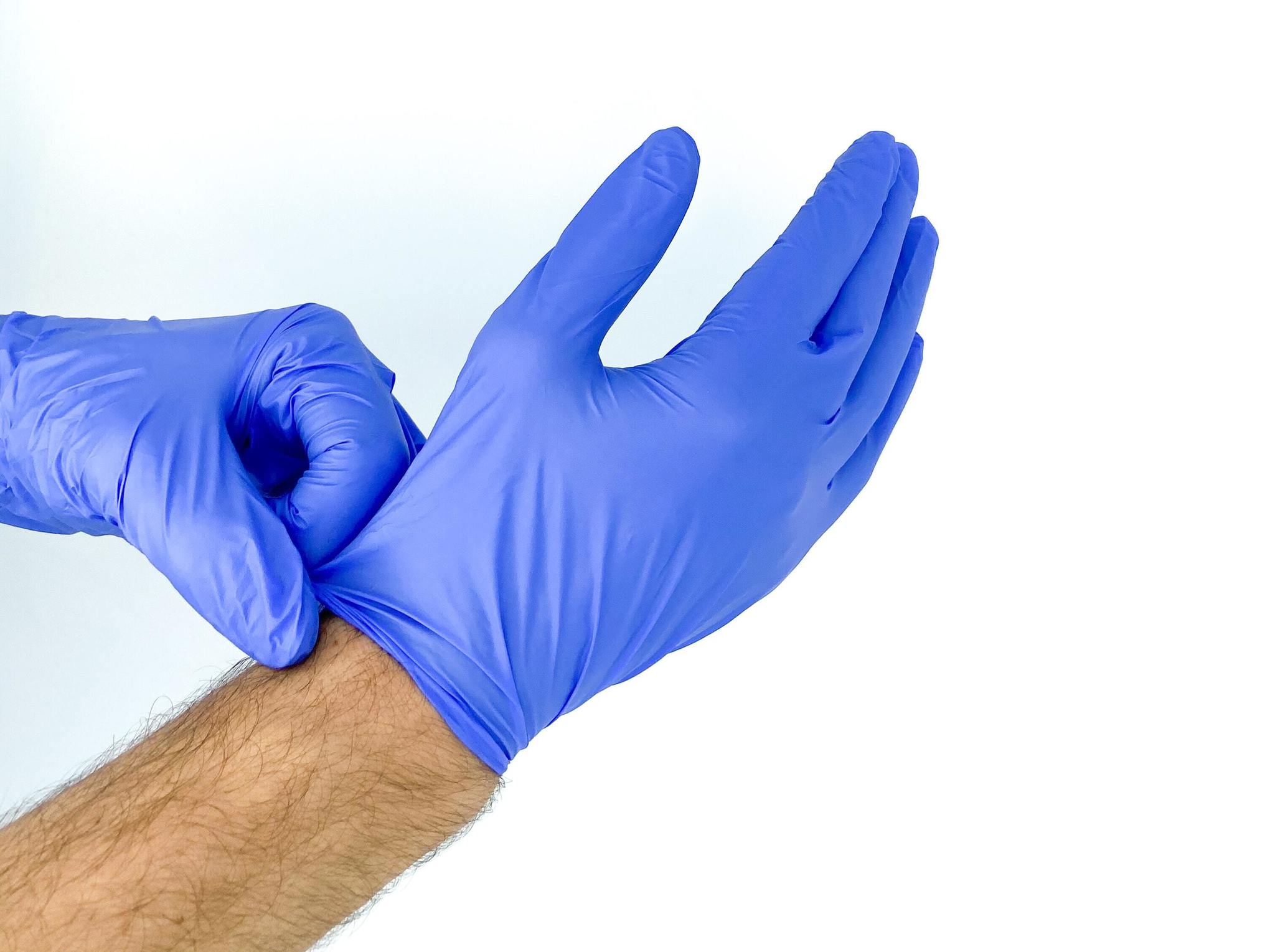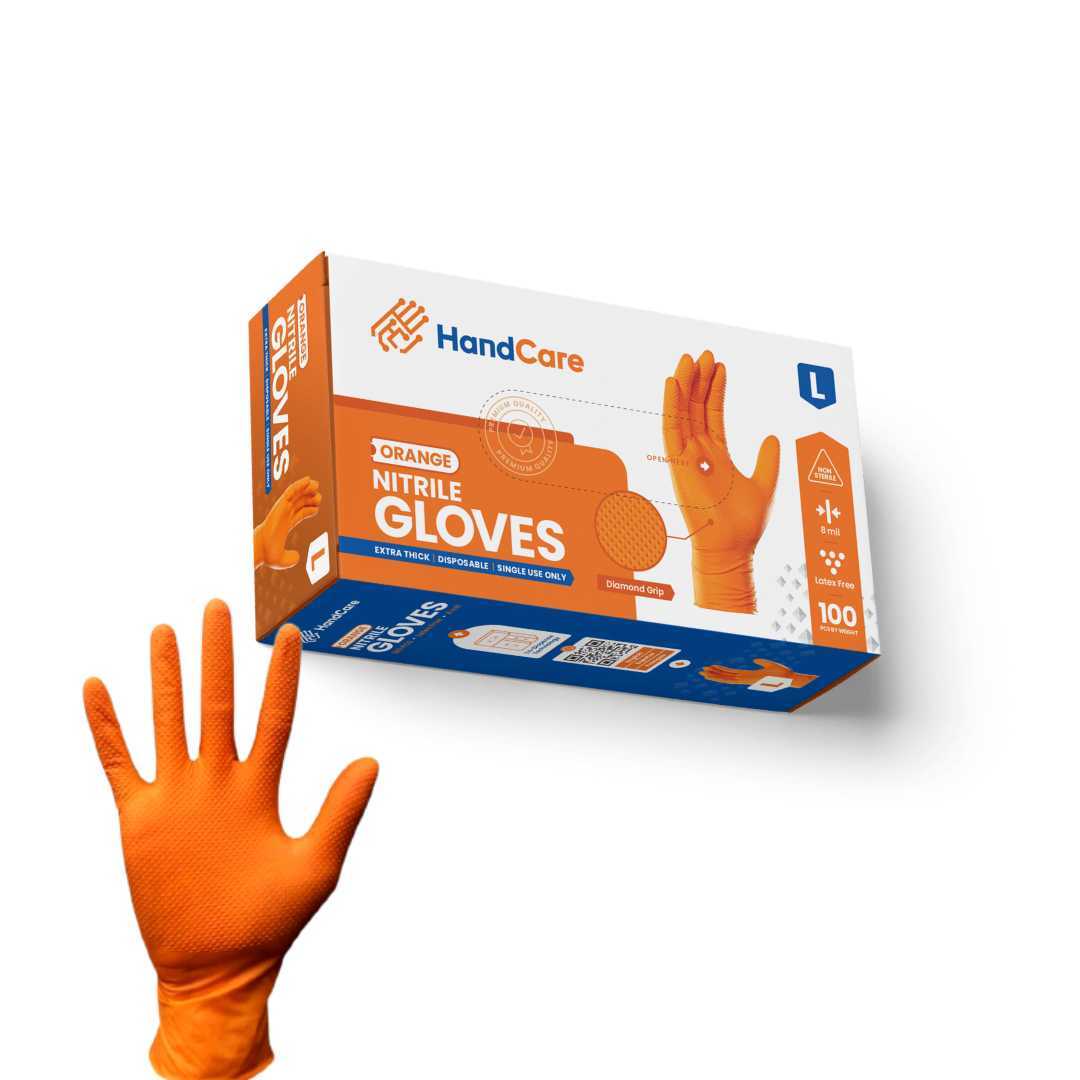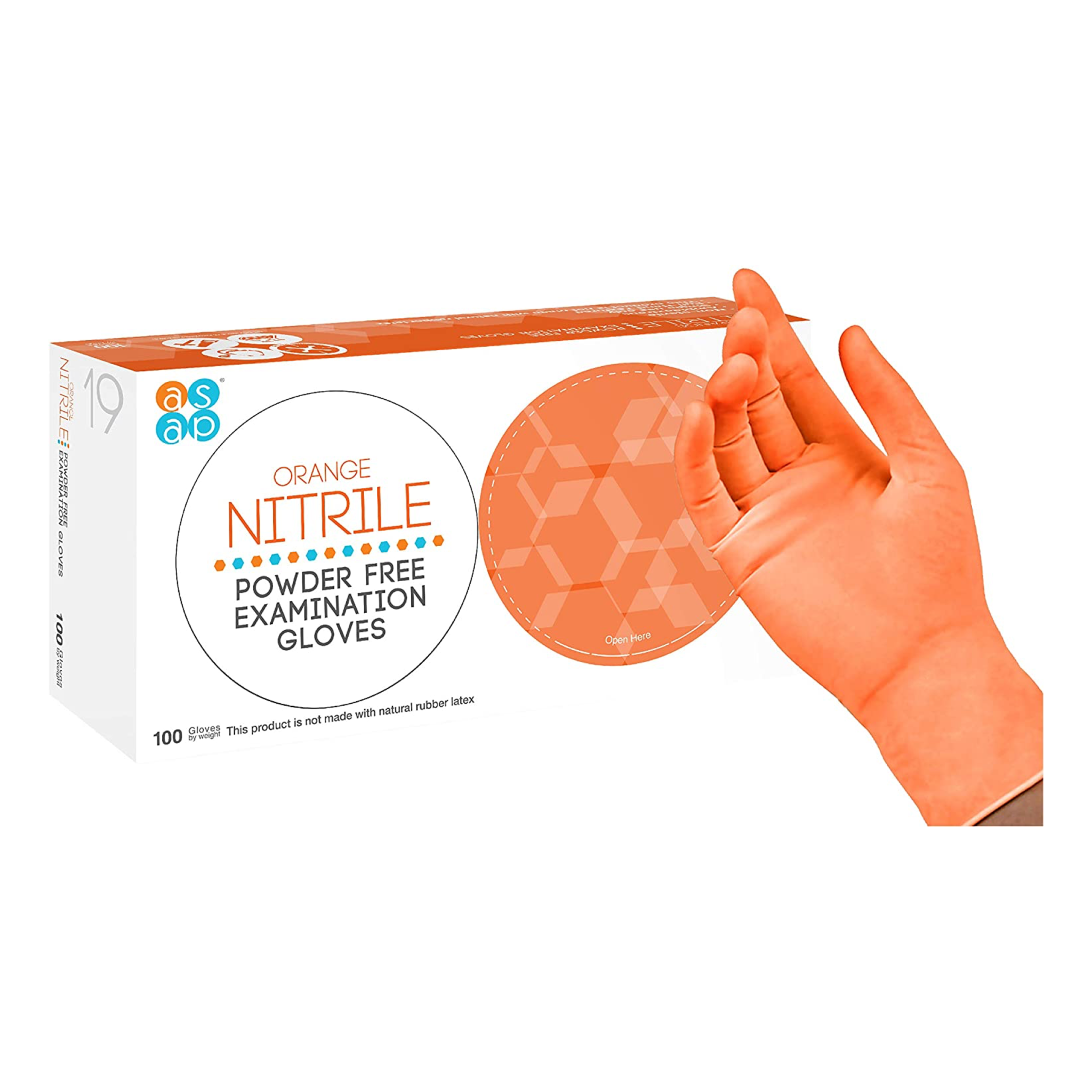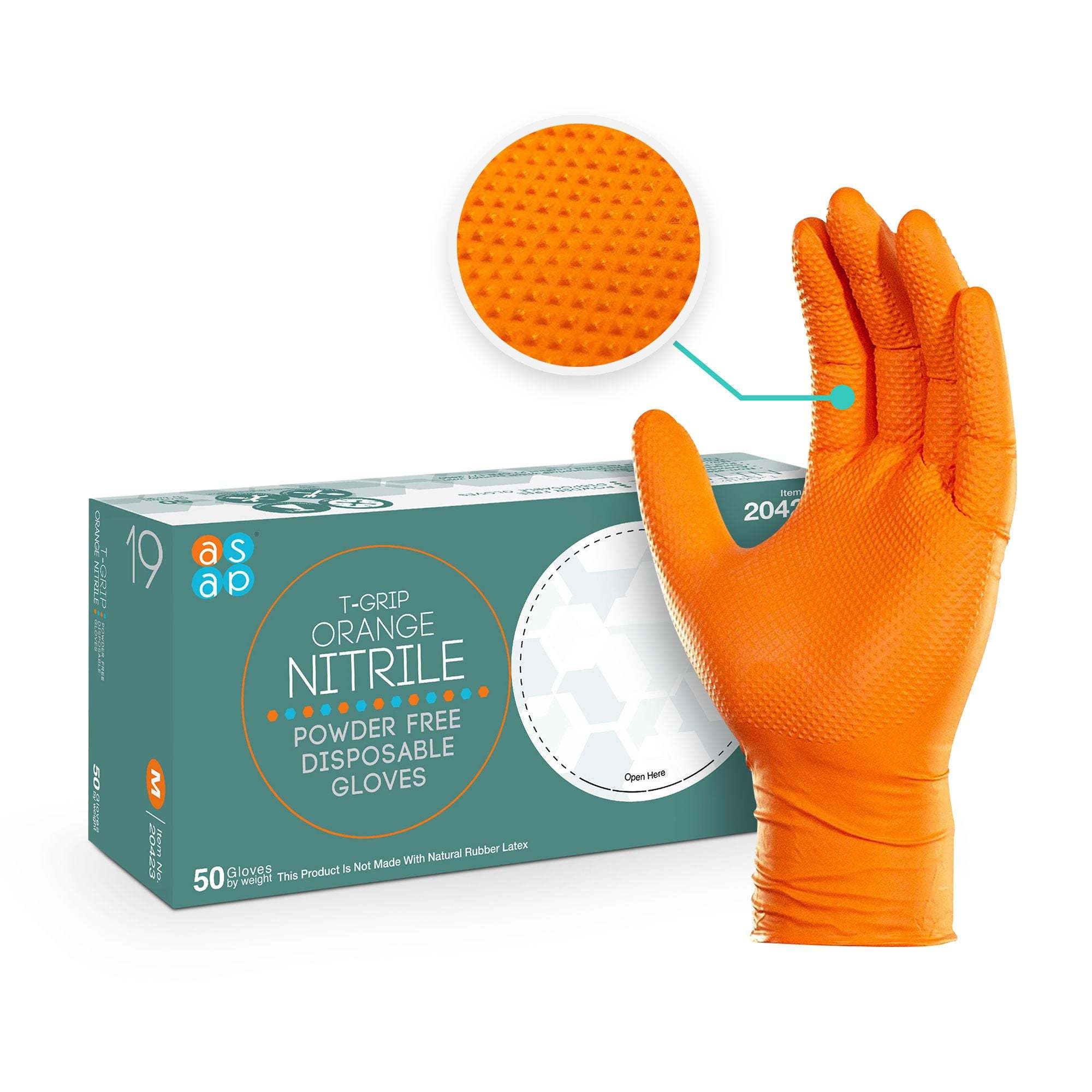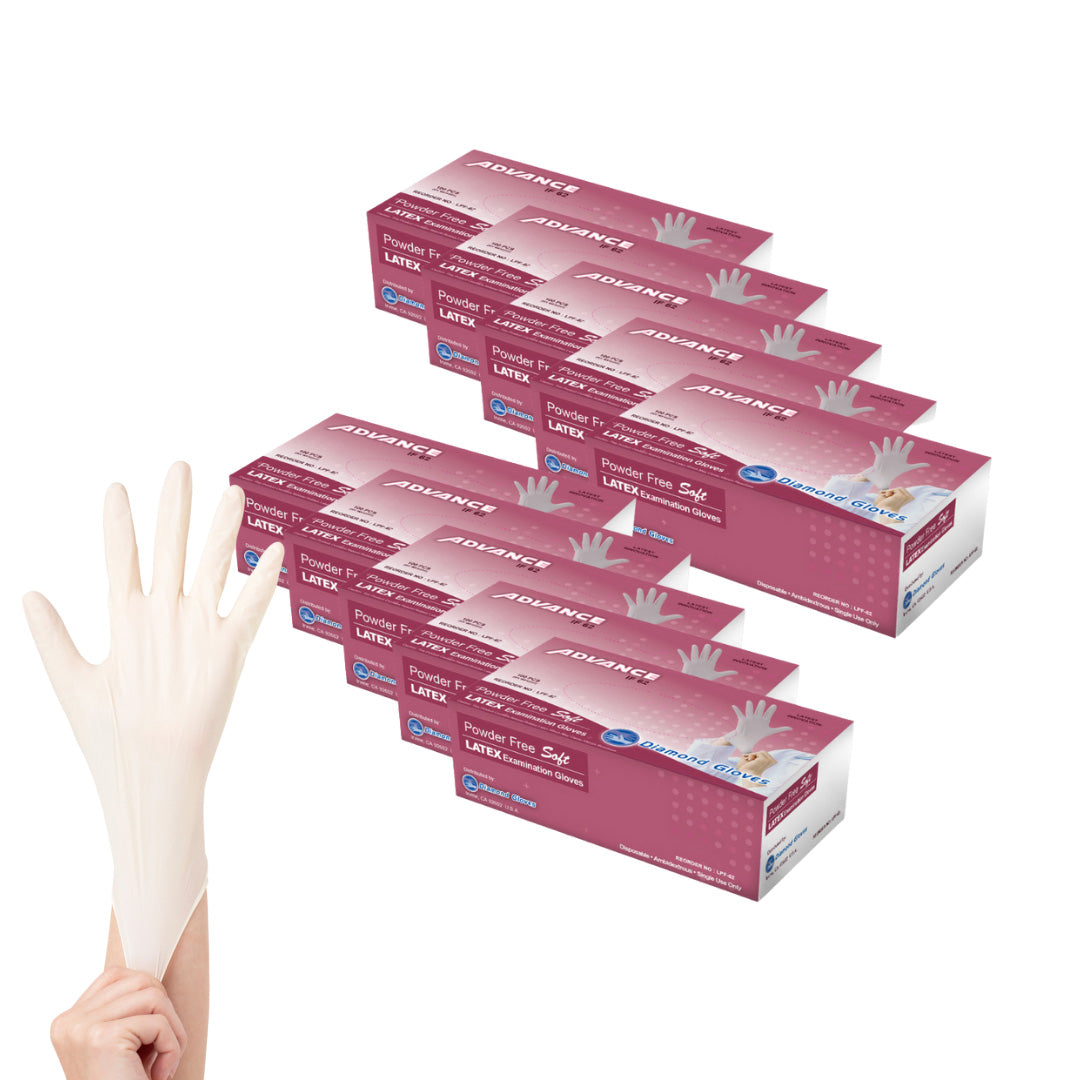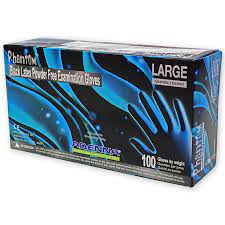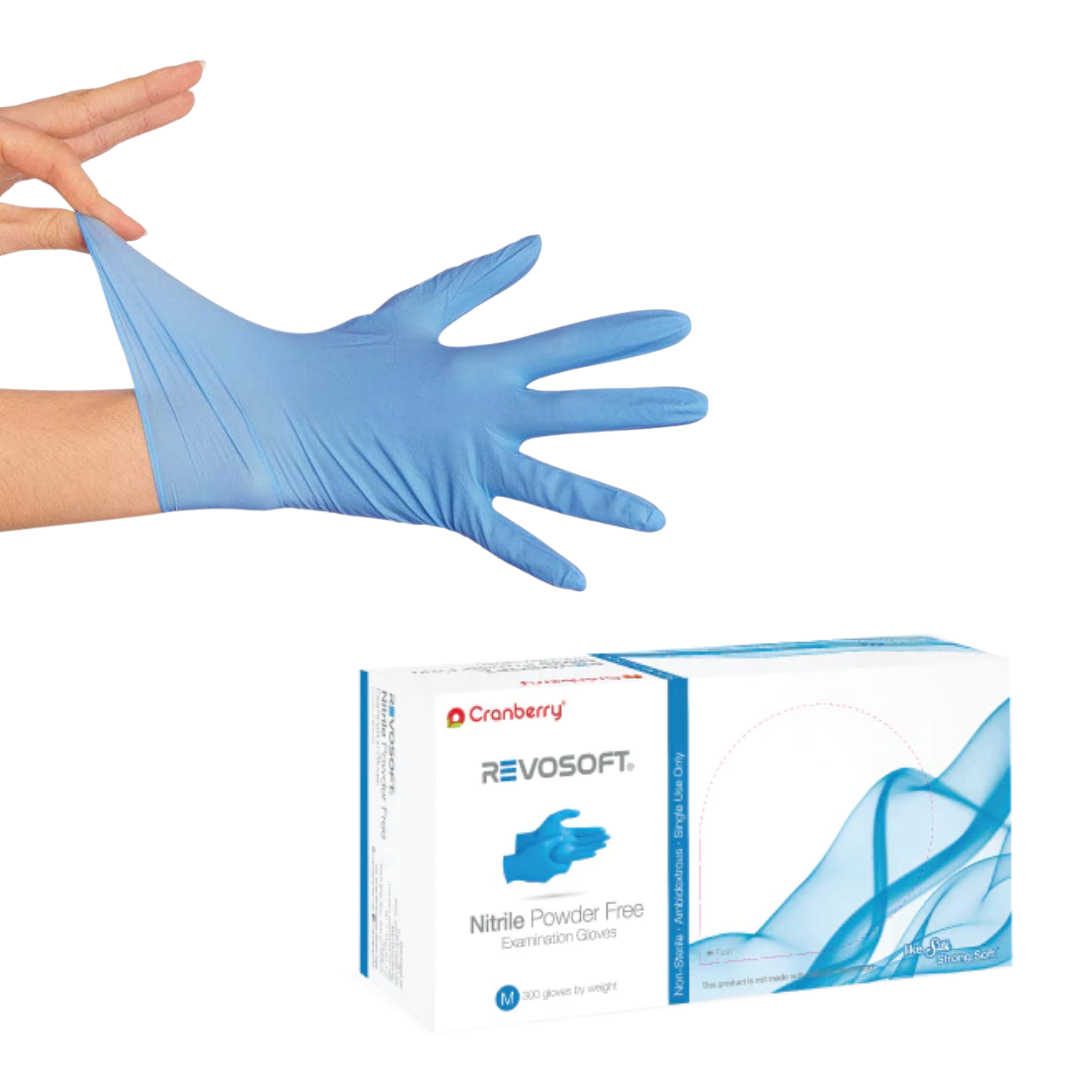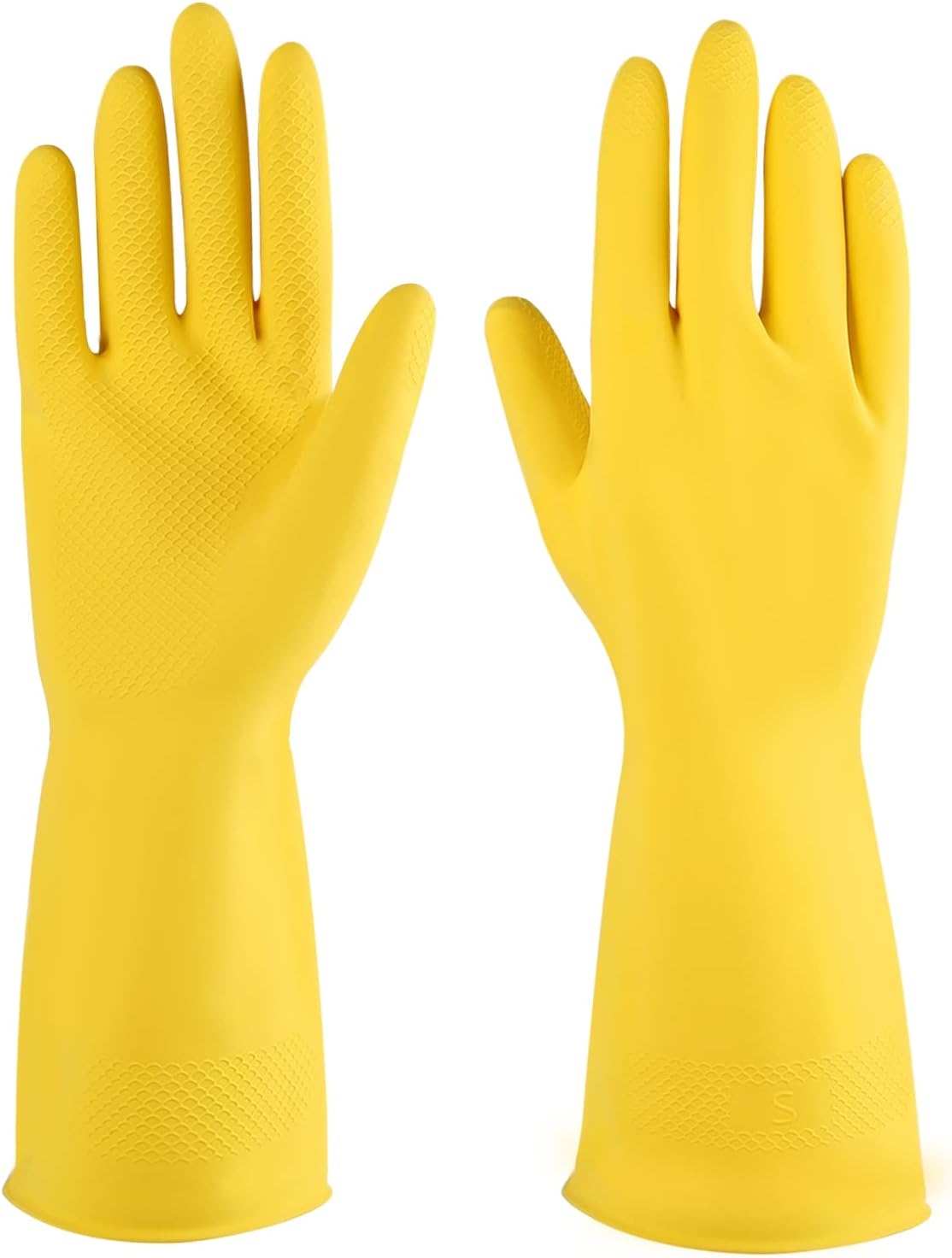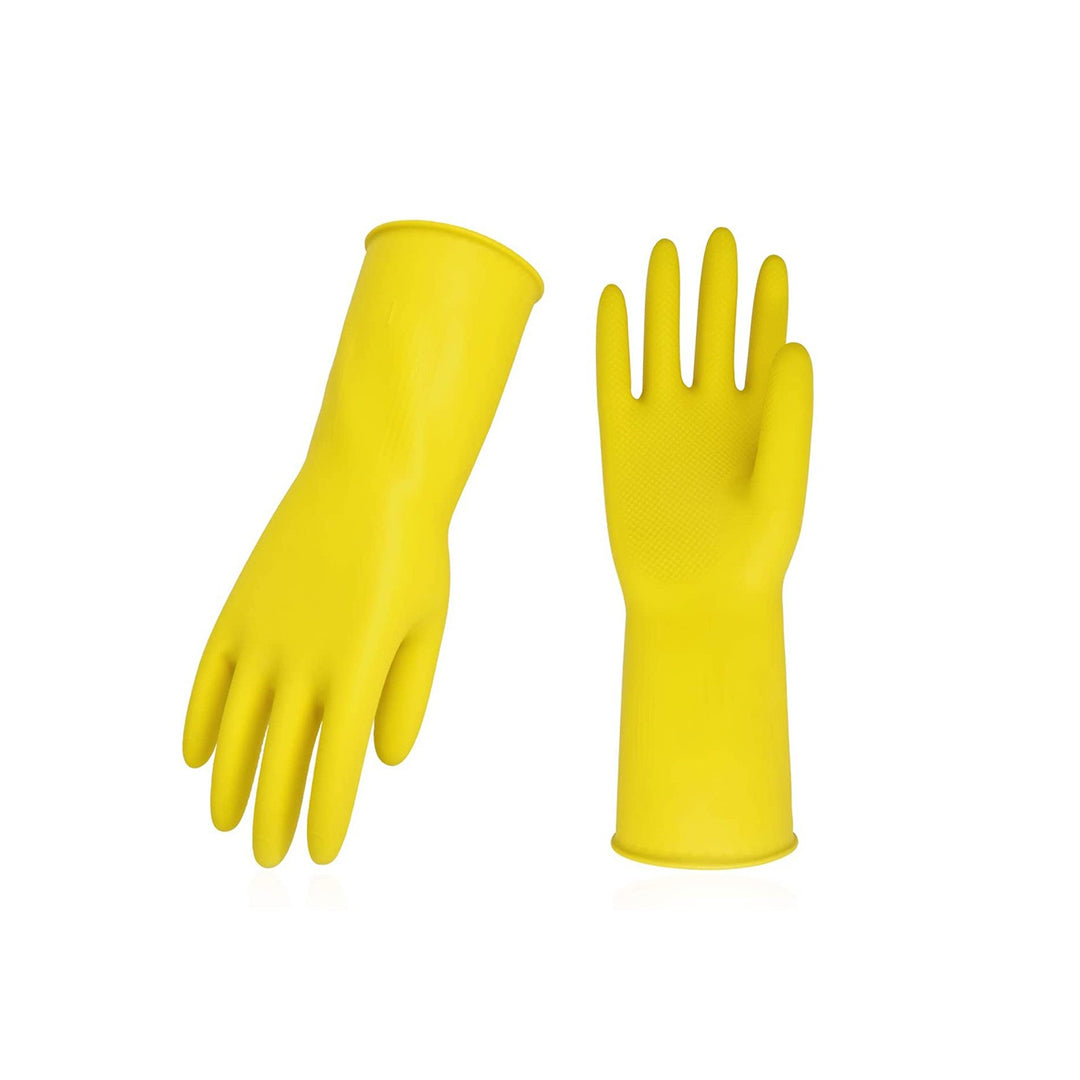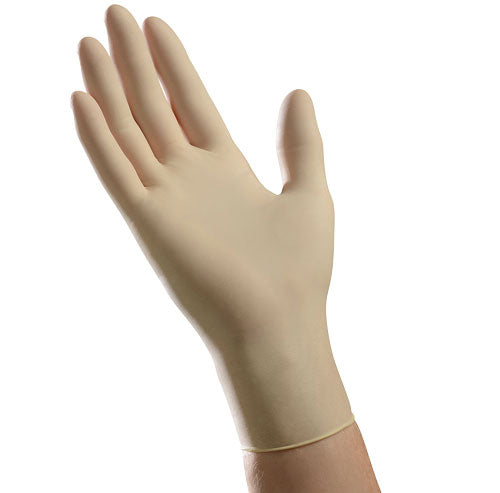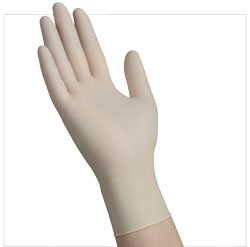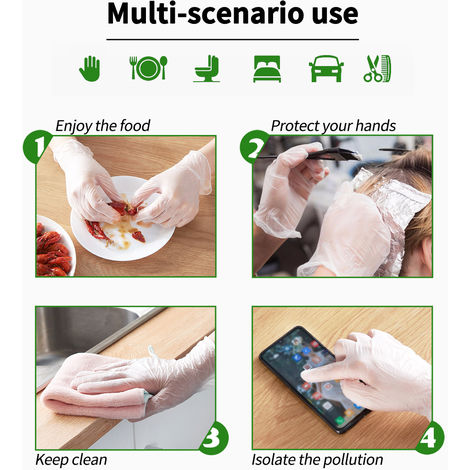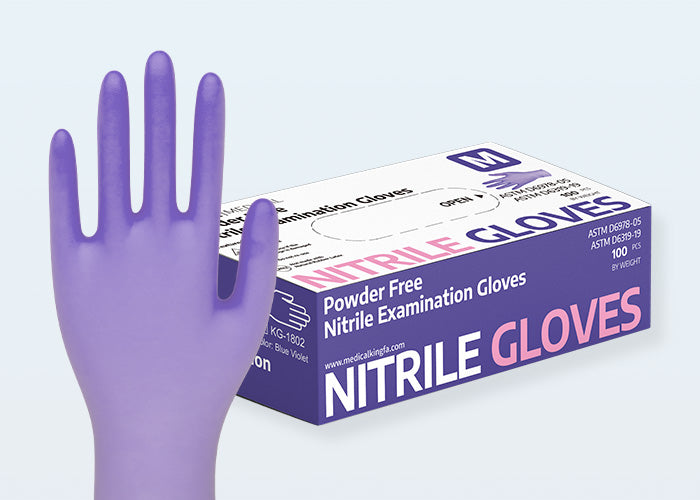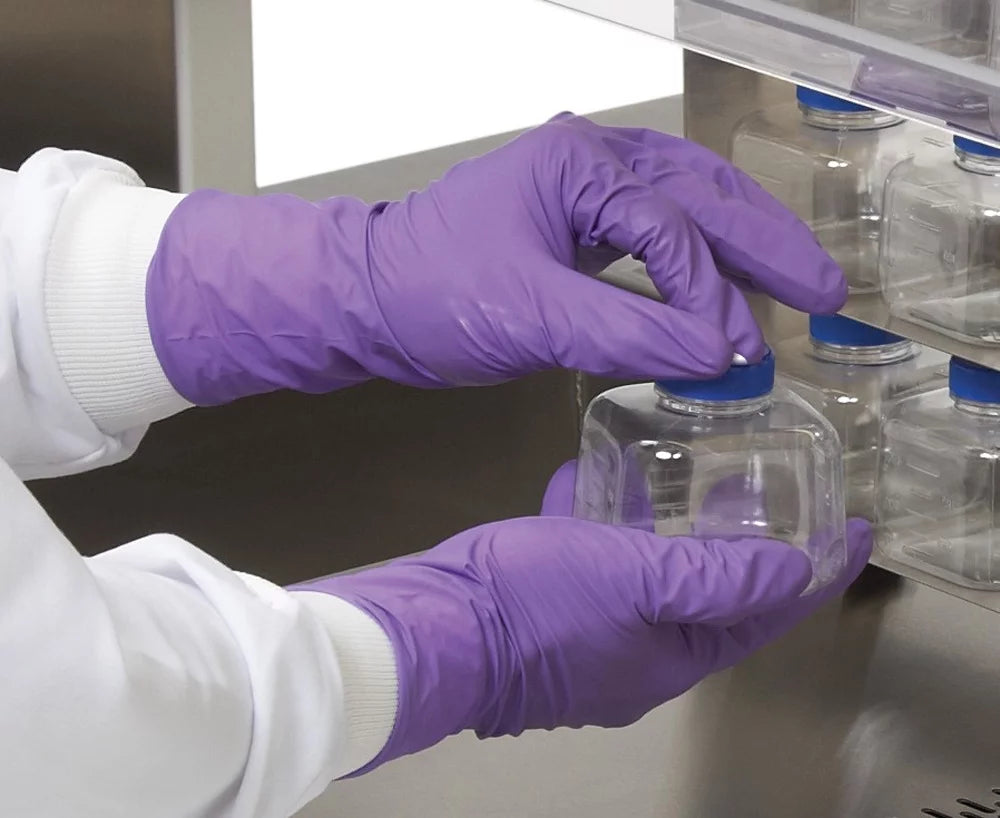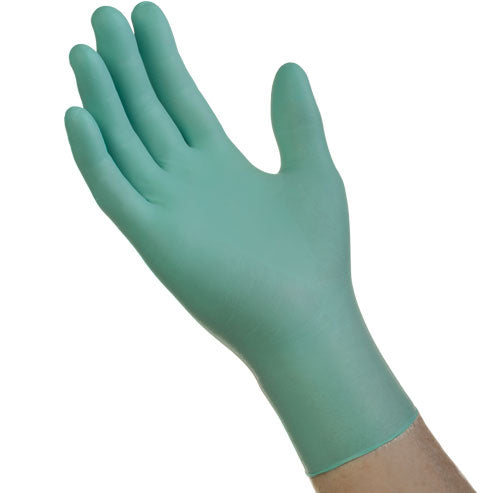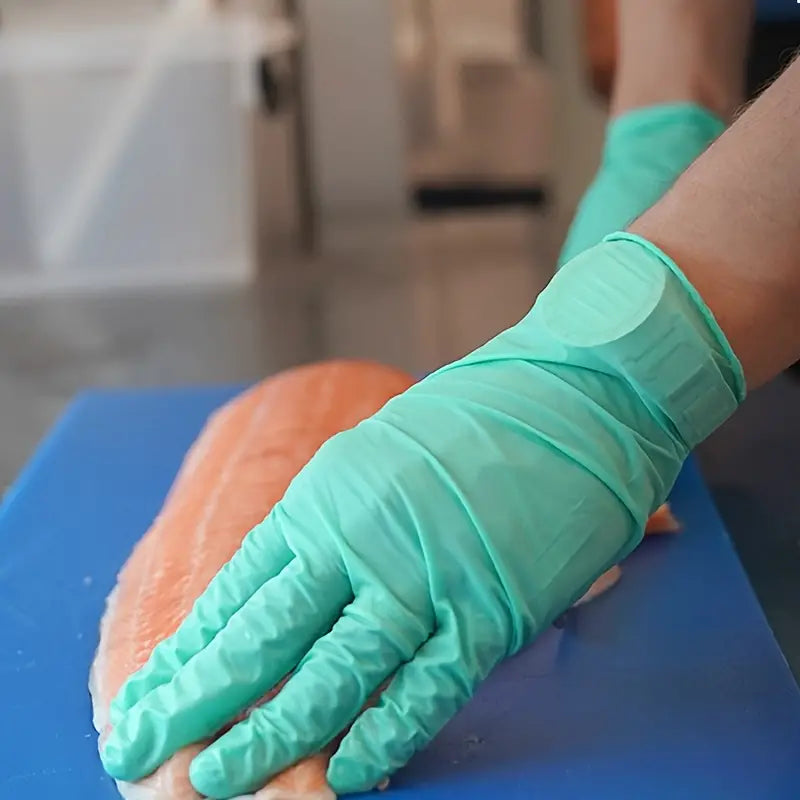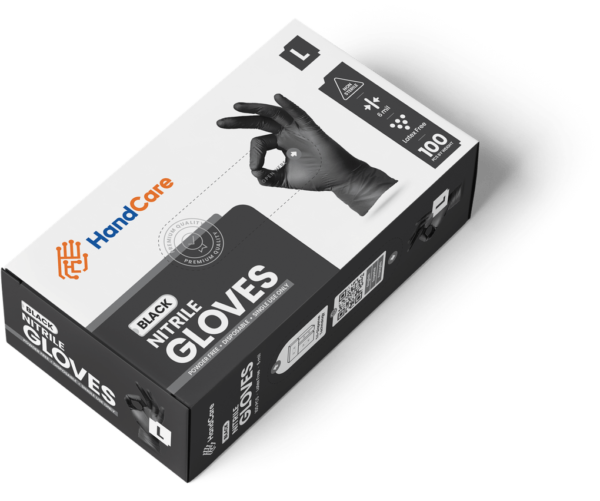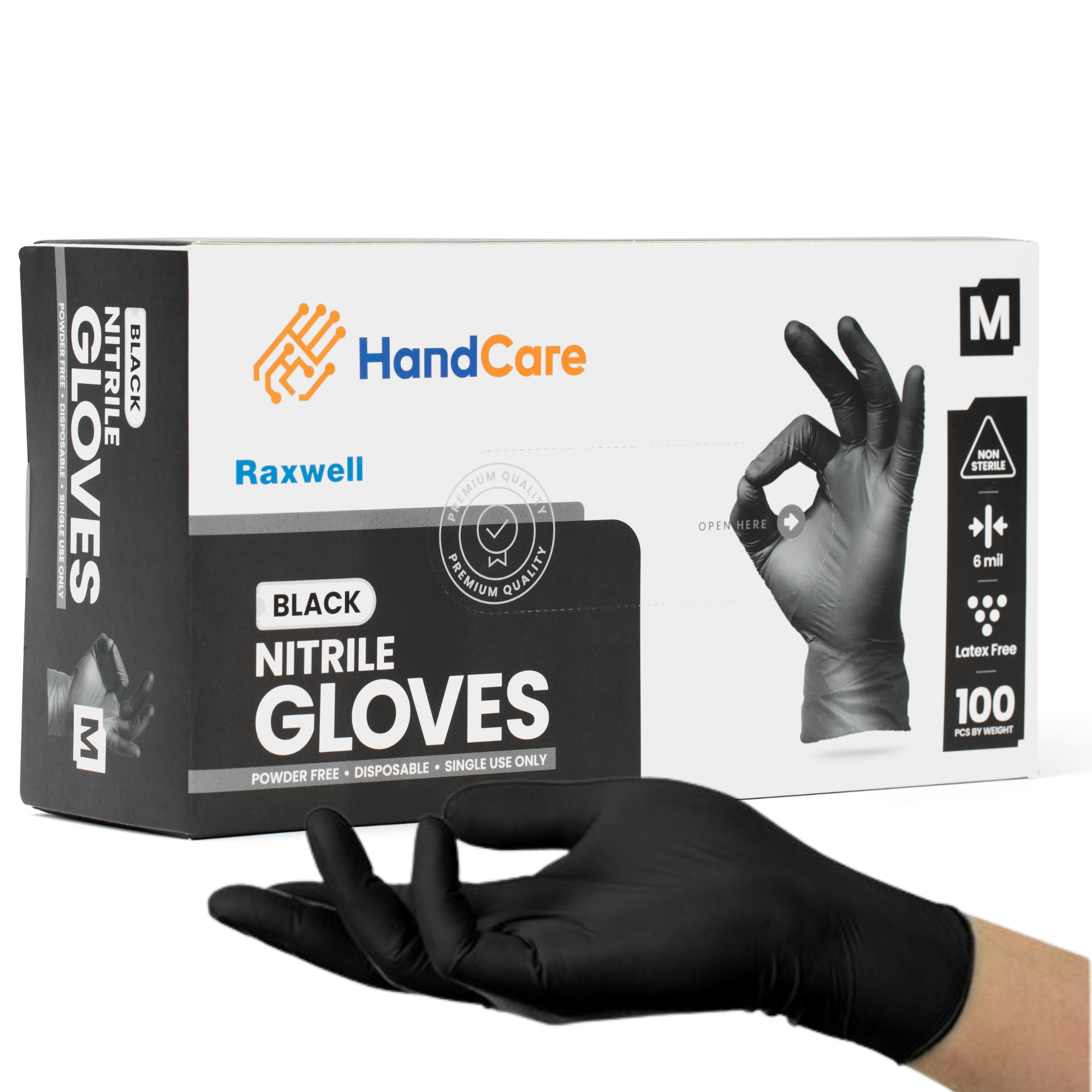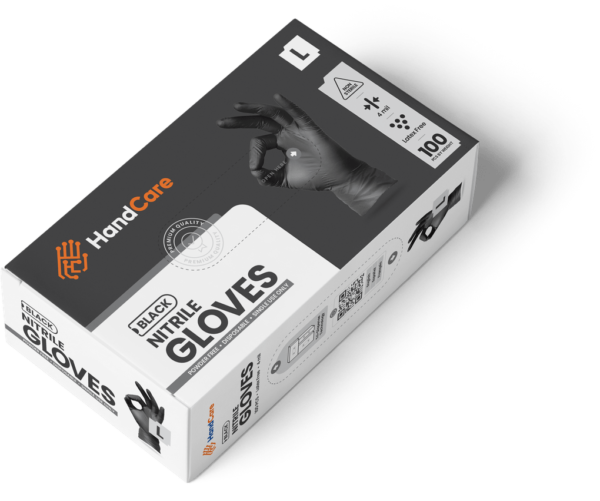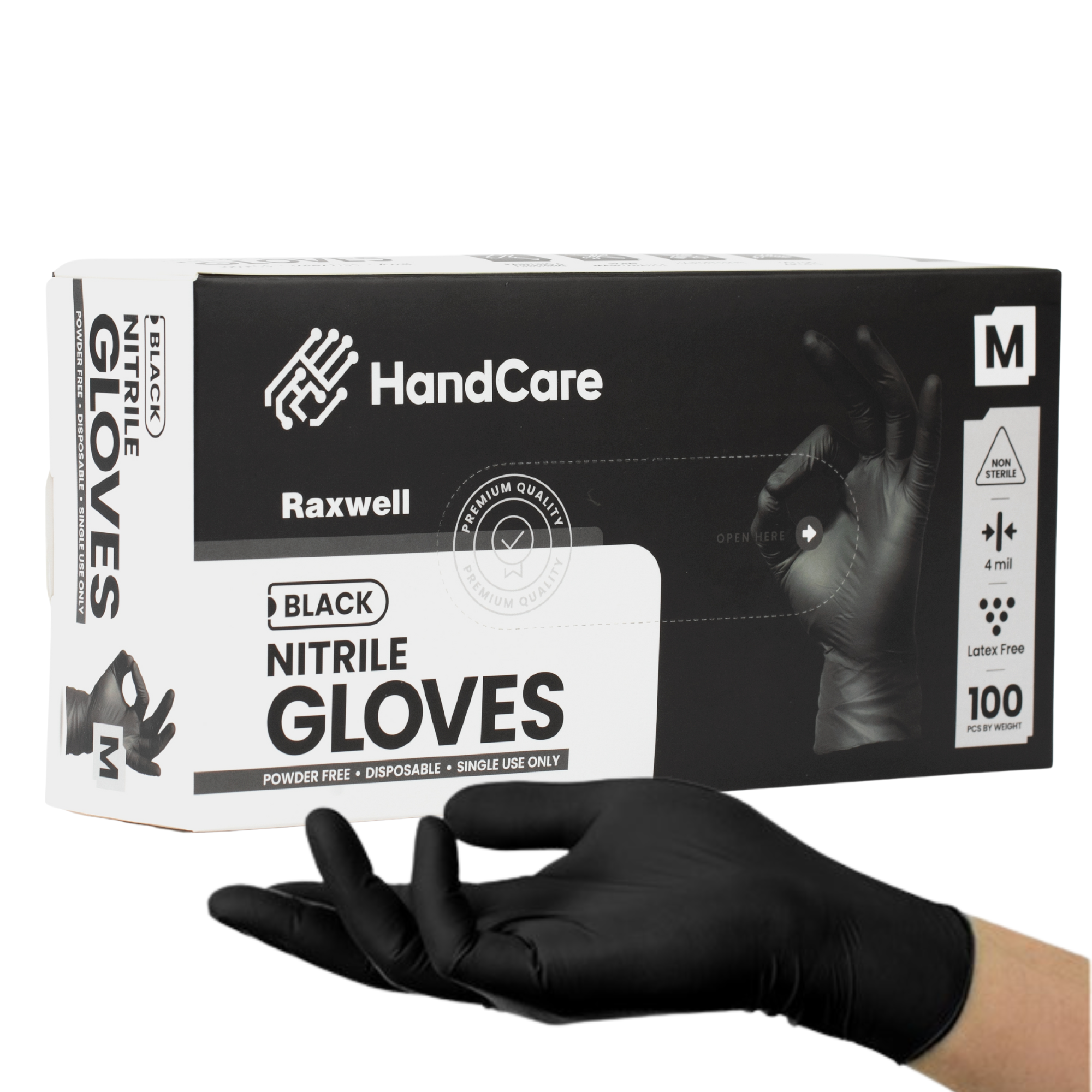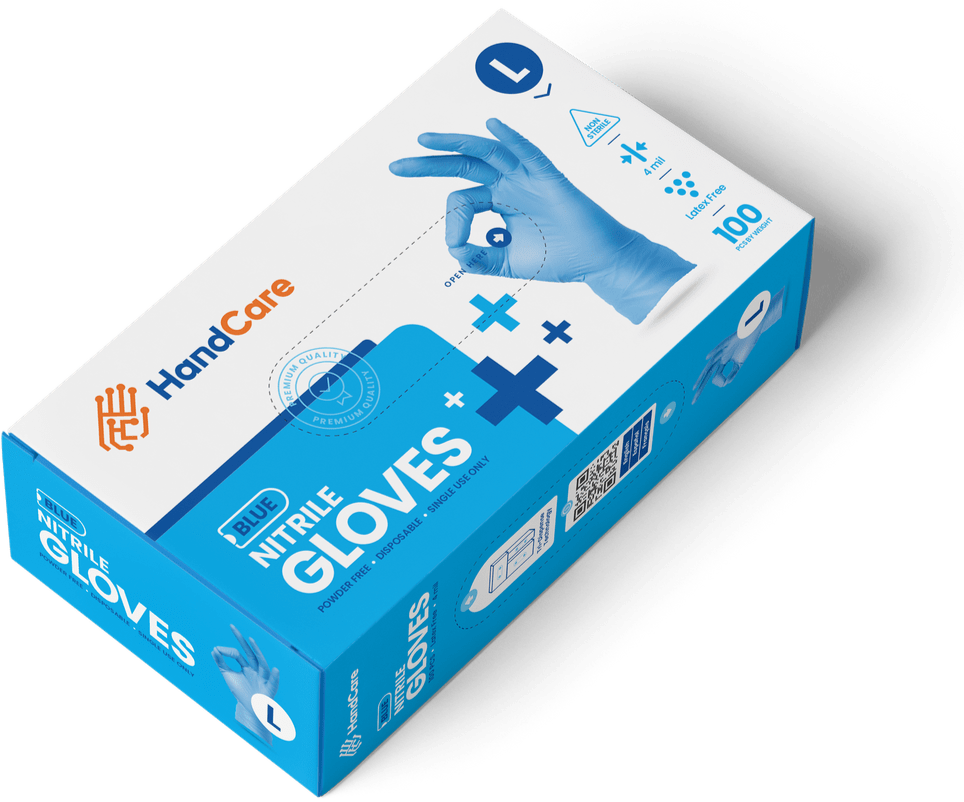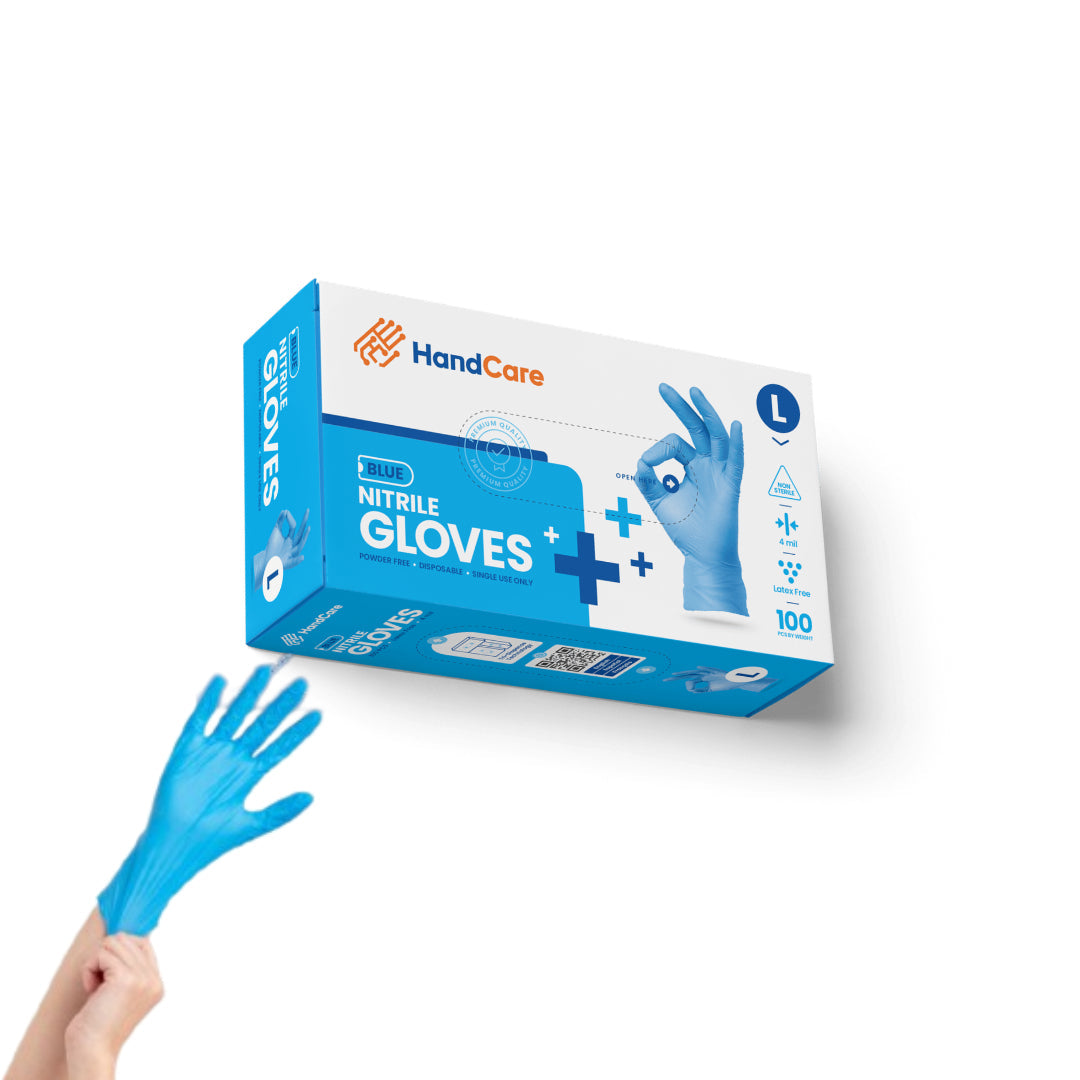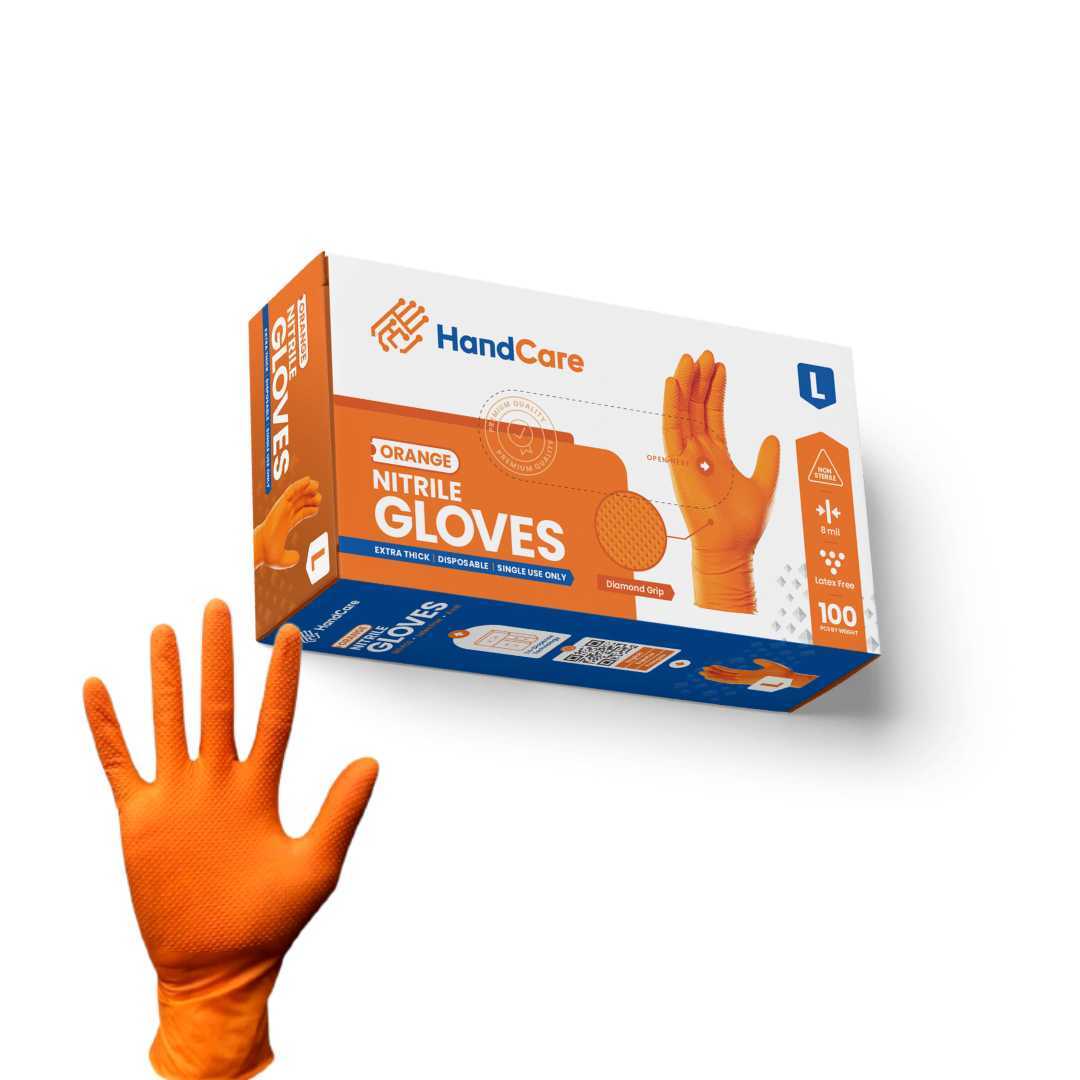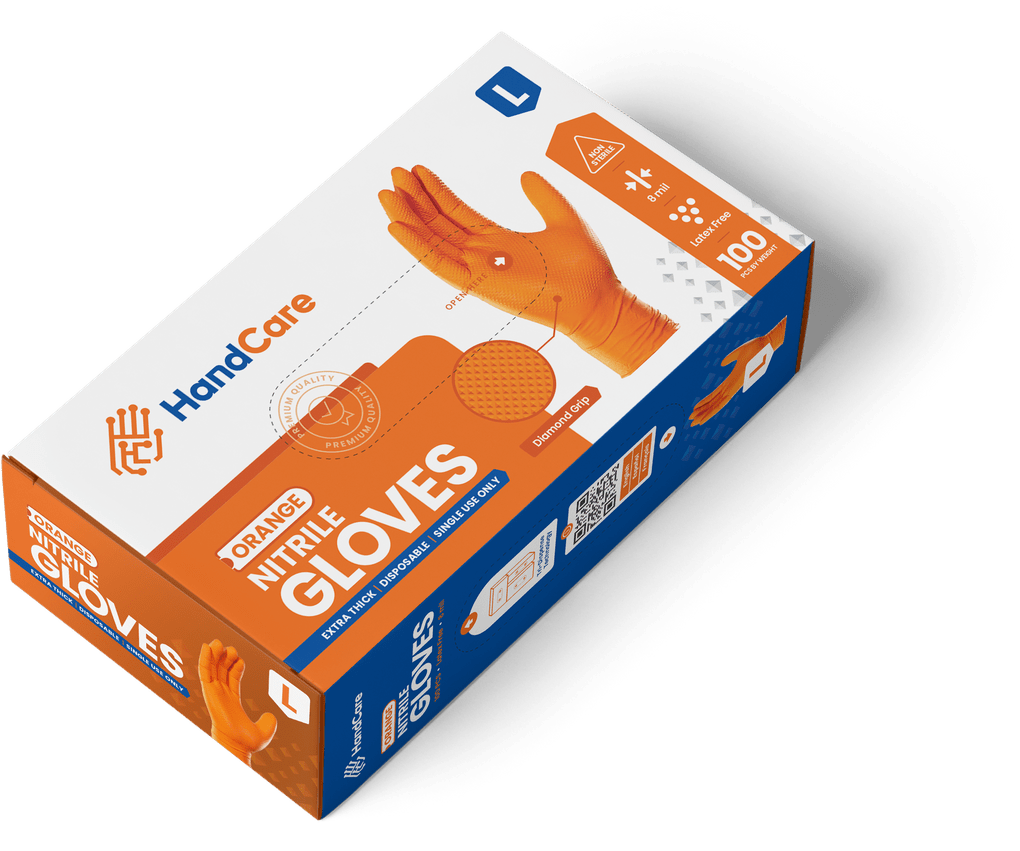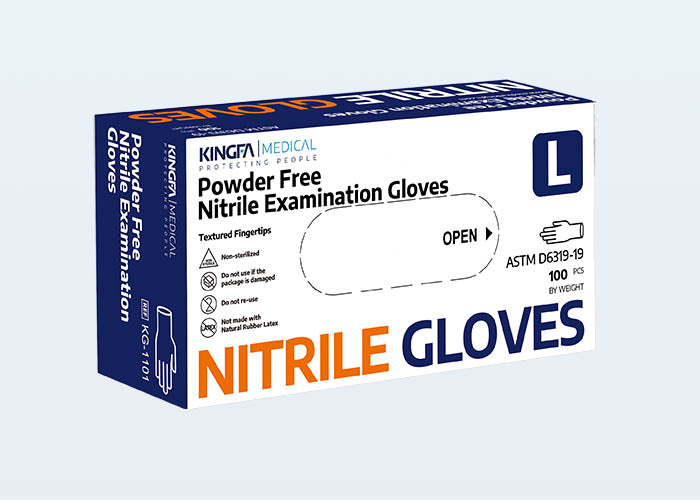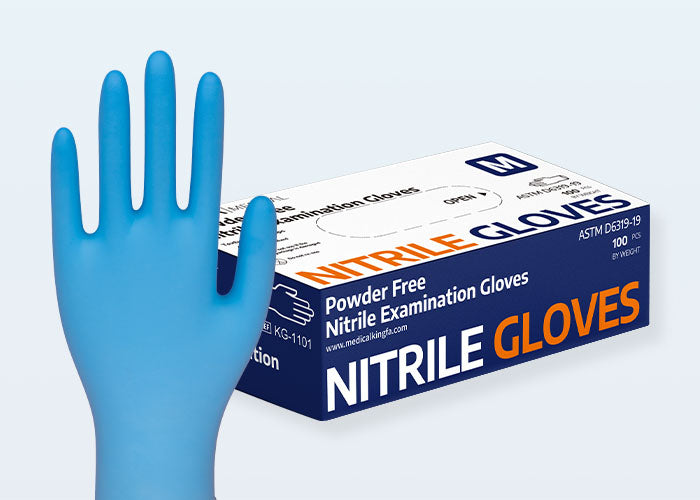Laboratory Gloves
Laboratory Gloves Best Options
After trying many different type of gloves from amazon, finally found ones with good fit and quality. Would recommend!
Good size, not too tight, not too loose. Strong material, don’t rip like others I’ve used. Recommend
These gloves are thicker and well made. They fit snug, which I like. Met my expectations and would recommend.
What are the gloves used in laboratory?
Laboratory gloves are used to protect the wearer from chemicals, biological agents, and other hazardous substances. Common types of gloves used in laboratories include latex, nitrile, and vinyl gloves, with nitrile being the most popular due to its chemical resistance and durability.
Which gloves are best for labs?
The best gloves for labs depend on the type of work being done, but nitrile gloves are often considered the best choice because of their resistance to chemicals, punctures, and allergens. Latex gloves are also commonly used for tasks requiring high tactile sensitivity, but they may cause allergic reactions for some users.
Why are lab gloves blue?
Lab gloves are often blue as a way to differentiate them from other types of gloves, such as those used in medical settings. Blue is also a color that contrasts well against most chemicals and substances, making it easier to see if the glove has been compromised.
Why are lab gloves purple?
Purple gloves are typically used in laboratories to signal that they are nitrile gloves, which provide enhanced protection against chemicals and are suitable for individuals with latex allergies. The purple color helps distinguish them from latex gloves and other types of PPE.
Are nitrile gloves used in labs?
Yes, nitrile gloves are widely used in labs because they offer superior resistance to chemicals, punctures, and tears. They are preferred over latex gloves in many laboratory settings, particularly when working with hazardous chemicals or biological materials.
Which is better latex or nitrile gloves for laboratory?
When choosing between latex and nitrile gloves for laboratory use, nitrile is often considered better because of its chemical resistance and durability. Latex gloves, while more flexible and offering better sensitivity, are prone to causing allergies and do not hold up as well against chemicals.
What are ASTM gloves?
ASTM gloves refer to gloves that meet the standards set by the American Society for Testing and Materials (ASTM). These standards specify the minimum requirements for glove performance, including factors like chemical resistance, puncture resistance, and durability, ensuring the gloves are safe for use in laboratory environments.
Where to buy laboratory gloves
gloves.com offers a broad range of high-quality laboratory gloves made from durable materials, including latex, nitrile, and vinyl. Our gloves are available in various levels of thickness, from thin gloves offering good dexterity and tactile sensitivity to heavy-duty gloves providing superior protection against punctures and corrosive materials.
With several sizes to choose from, our gloves ensure a comfortable fit for any wearer.
Buying in bulk from gloves.com is a convenient and cost-effective option for sourcing your lab gloves. Plus, orders over $149 ship free, so you can save even more when you stock up.
Save up to 50% today on gloves.com
Frequently Asked Questions
Keep up-to-date with our guides and find the best glove options for your industry
Guides to help you choose
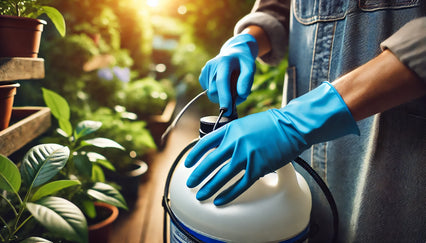
Best Gloves For Pesticides
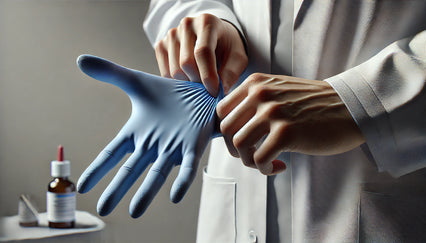
Is There A Natural Latex


